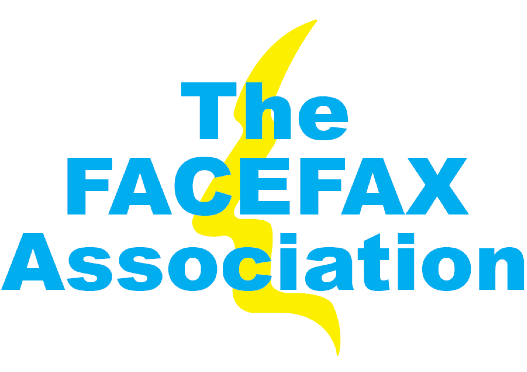Complementary Therapies
Complementary therapies are a wide range of practices for addressing and treating health issues alongside, or in addition to, mainstream orthodox medicine. Most are based on an holistic approach which means that harmony and balance between the physical, psychological and spiritual aspects of a person are essential for good health.
Dr Roy Welford
“Mainstream medicine should be the first to acknowledge that we do not have all the answers, and there is a place for safe and effective complementary therapies.”
During the past twenty years there has been a significant rise in the popularity and use of complementary therapies alongside conventional medicine for many different reasons. Contrary to popular belief patients tend to choose complementary therapies because they match their values, beliefs and philosophical orientation to life and health.
According to Cancer Research UK, a third of patients on a journey through cancer, use some form of complementary therapy to help relieve symptoms and side effects of treatments. Typical symptoms include anxiety, insomnia, nausea, aches and pains, loss of appetite, fluctuating mood levels, skin problems, etc. Amongst the positive benefits, reports suggest it helps patients to feel better and recover faster.
Complementary Therapies Formally Available
The Centre offered a range of complementary therapies that are natural and holistic treatments regularly used in addition to other recognised nursing practices and medical interventions such as surgery, radiotherapy and chemotherapy. Counselling is still available.
 Reiki is an ancient, comprehensive and versatile system of hands-on-healing that assists the body’s capacity to restore harmony and balance. Clients remain fully clothed and either lie down or sit comfortably on a chair.
Reiki is an ancient, comprehensive and versatile system of hands-on-healing that assists the body’s capacity to restore harmony and balance. Clients remain fully clothed and either lie down or sit comfortably on a chair.
Practitioners gently place their hands on the body, in a step by step sequence, covering the vital organs. The additional flow of energy accelerates healing of the physical body, promotes spiritual clarity, mental tranquillity and induces emotional stability. This non-invasive, integrated healing modality reduces stress, relieves pain and discomfort, induces inner peace, relaxation and renewed enthusiasm for life.
Reflexology is based on an understanding that the organs and systems of the body are mapped out on the hands and feet. By applying gentle pressure on precise reflex points the reflexologist helps restore the body’s natural balance.
Clients have reported experiencing pain relief, reduced anxiety and less stress. This helps lead to a relaxed state of mind and a more pronounced sense of inner peace and wellbeing.
Indian Head Massage involves the therapist gently massaging the upper back, shoulders, neck, head and face. It is beneficial for pain relief, reducing stiffness in the muscles, stimulating hair growth and improving scalp conditions. Clients generally report feeling relaxed and revitalised. It isn’t usually necessary to remove any clothing during the treatment.
Neck, Shoulder and Back Massage takes place with the recipient lying face down on a couch. Alternatively, some clients find it more comfortable to sit on a chair resting their upper body and head on the couch in front of them. The therapist applies ‘carrier’ oil and massages the skin and muscles which relieves tension and promotes relaxation.
Counselling is an opportunity to discuss issues of concern with a professional, experienced practitioner in a confidential environment. Clients benefit from expressing and sharing their issues of concern with an empathetic listener who is independent from their immediate circle of support.
